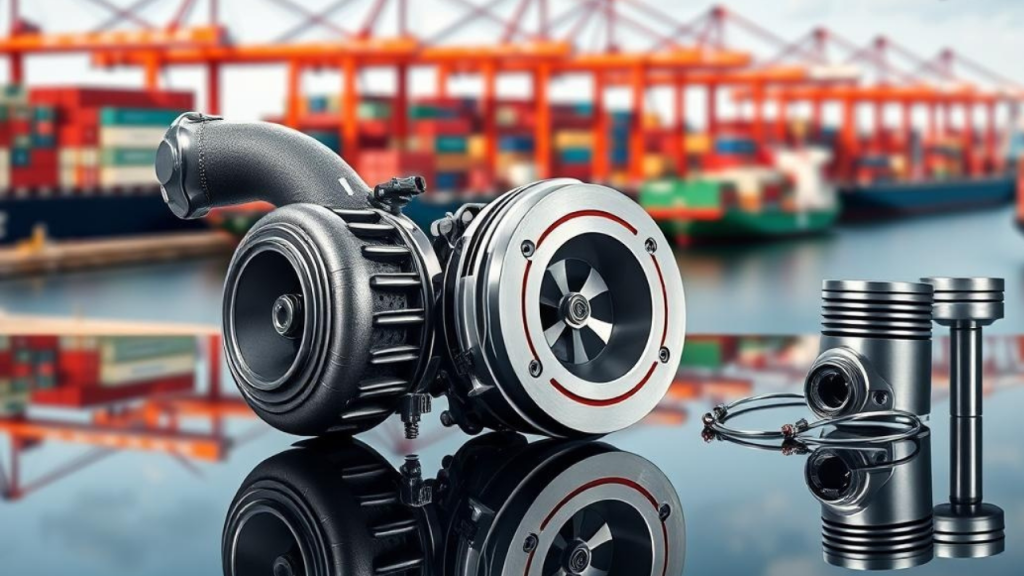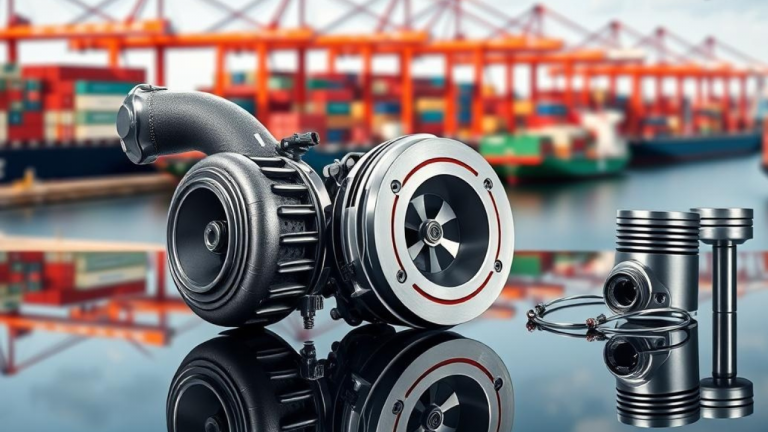The Indian automotive industry is witnessing a surge in demand for electric vehicles (EVs) as the country aims to reduce its carbon footprint and combat air pollution. With the government’s push for electric mobility through incentives and subsidies, more people are considering EVs as a viable alternative to traditional combustion engine vehicles. Major car manufacturers like Tata Motors, Mahindra & Mahindra, and MG Motor India have already launched electric models in the market to cater to this growing demand. The introduction of EVs is not only helping in reducing emissions but also providing a more sustainable mode of transportation for Indian consumers. The shift towards electric vehicles is also creating opportunities for the development of charging infrastructure across the country. As more charging stations are set up, range anxiety among consumers is expected to decrease, further boosting the adoption of EVs. In addition to passenger vehicles, electric two-wheelers and three-wheelers are also gaining popularity in India, especially in urban areas where they offer a cost-effective and eco-friendly mode of transportation. The Indian government’s ambitious target of achieving 30% electric vehicle penetration by 2030 is driving investment in the EV sector and encouraging innovation in battery technology. With a strong focus on sustainability and environmental conservation, the Indian automotive industry is poised for a significant transformation towards electric mobility in the coming years.

Posted in
JUST IN
“Indian government bans 59 Chinese apps citing security concerns and data privacy issues”
In Trend

Farooq Abdullah deflects Pahalgam attack response to PM Modi; Cabinet suspends Indus Waters Treaty in retaliation.




















